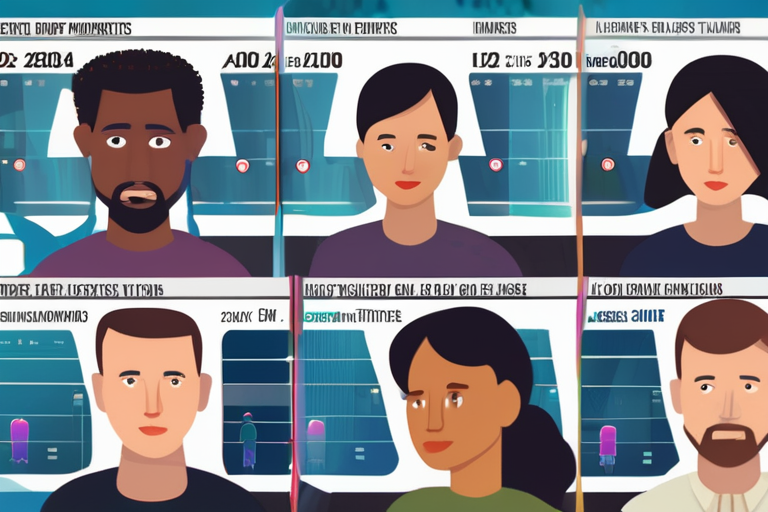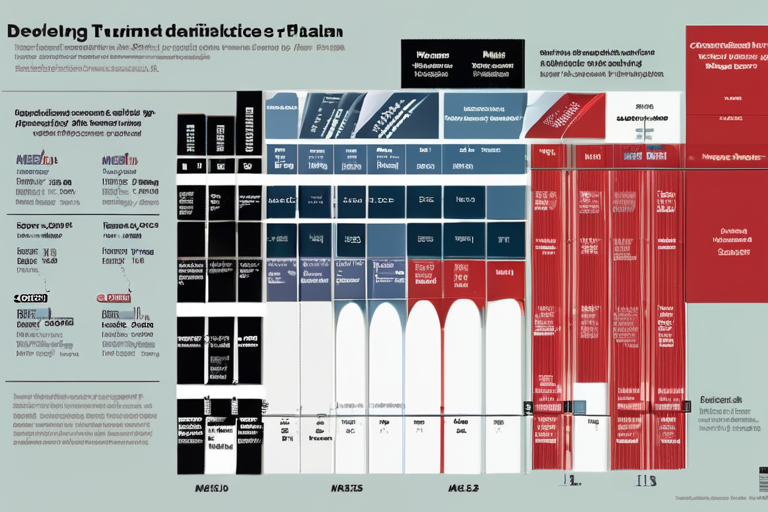The Department of Homeland Security (DHS) has proposed a rule change that would allow the collection of sensitive biometric data on all immigrants, without age restrictions, and store that data throughout each person's lifecycle in the immigration system. According to the proposed rule, DHS agencies, including Immigration and Customs Enforcement (ICE), would be able to broadly collect facial imagery, finger and palm prints, iris scans, and voice prints. Additionally, they may request DNA, which DHS claimed would only be collected in limited circumstances, like to verify family relations.
The proposed rule change has sparked concern among civil and digital rights experts, who argue that it would be a significant expansion of the government's biometric data collection capabilities. "This is a disturbing new excuse for the government to collect and store sensitive biometric data on immigrants," said a spokesperson for the American Civil Liberties Union (ACLU). "We are concerned that this rule change would allow DHS to collect and store DNA, facial imagery, and other biometric data without adequate safeguards to protect individuals' rights."
The proposed rule change would also come with significant costs, estimated at $288.7 million annually, including $57.1 million for DNA collection alone. Additionally, annual individual charges to immigrants submitting data are expected to be around $231.5 million. DHS officials acknowledged that the costs could be higher, especially if DNA testing is conducted more widely than projected.
The proposed rule change is part of a broader effort by DHS to modernize its biometric data collection capabilities. In recent years, the agency has been working to expand its use of facial recognition technology and other biometric tools to identify and track individuals. However, critics argue that this expansion of biometric data collection would be a significant overreach of government power.
The proposed rule change has been met with opposition from a number of civil and digital rights groups, who argue that it would be a threat to individuals' rights and freedoms. "We are concerned that this rule change would allow DHS to collect and store sensitive biometric data without adequate safeguards to protect individuals' rights," said a spokesperson for the Electronic Frontier Foundation (EFF). "We urge DHS to reconsider this proposal and to prioritize the protection of individuals' rights and freedoms."
The proposed rule change is currently undergoing review by the Office of Management and Budget (OMB) and is expected to be finalized in the coming months. Once finalized, the rule change would take effect, allowing DHS agencies to begin collecting and storing biometric data on immigrants.



























Share & Engage Share
Share this article